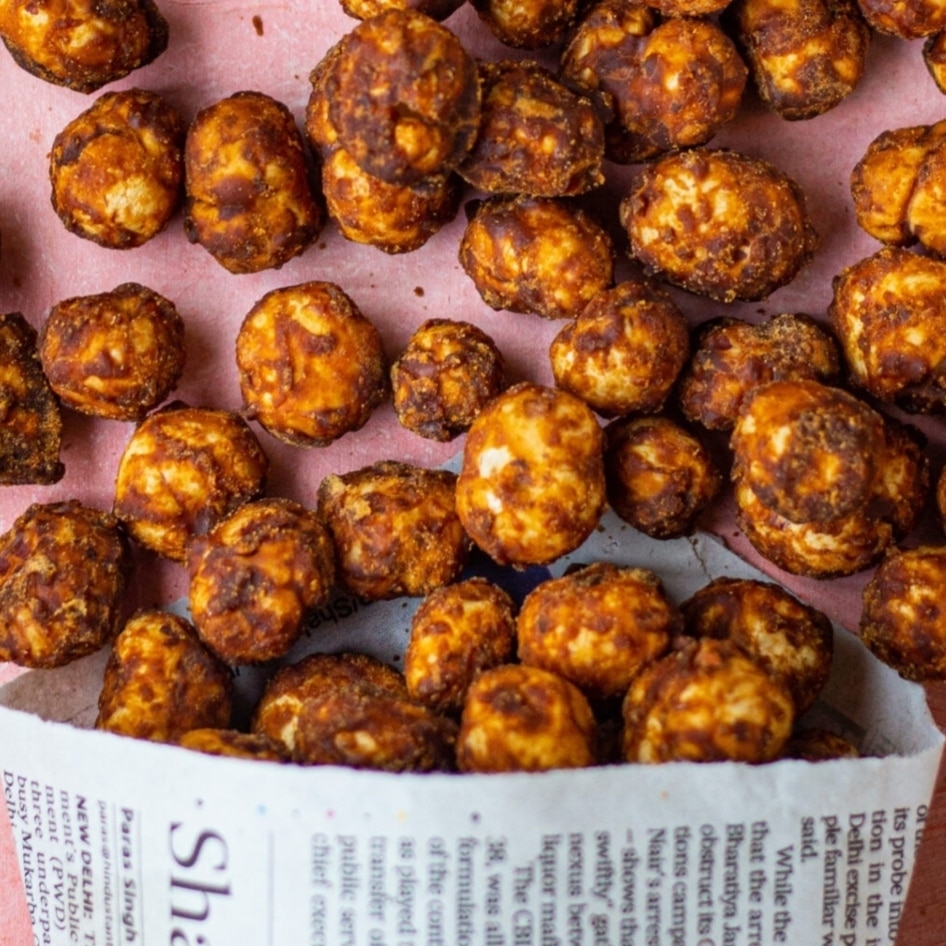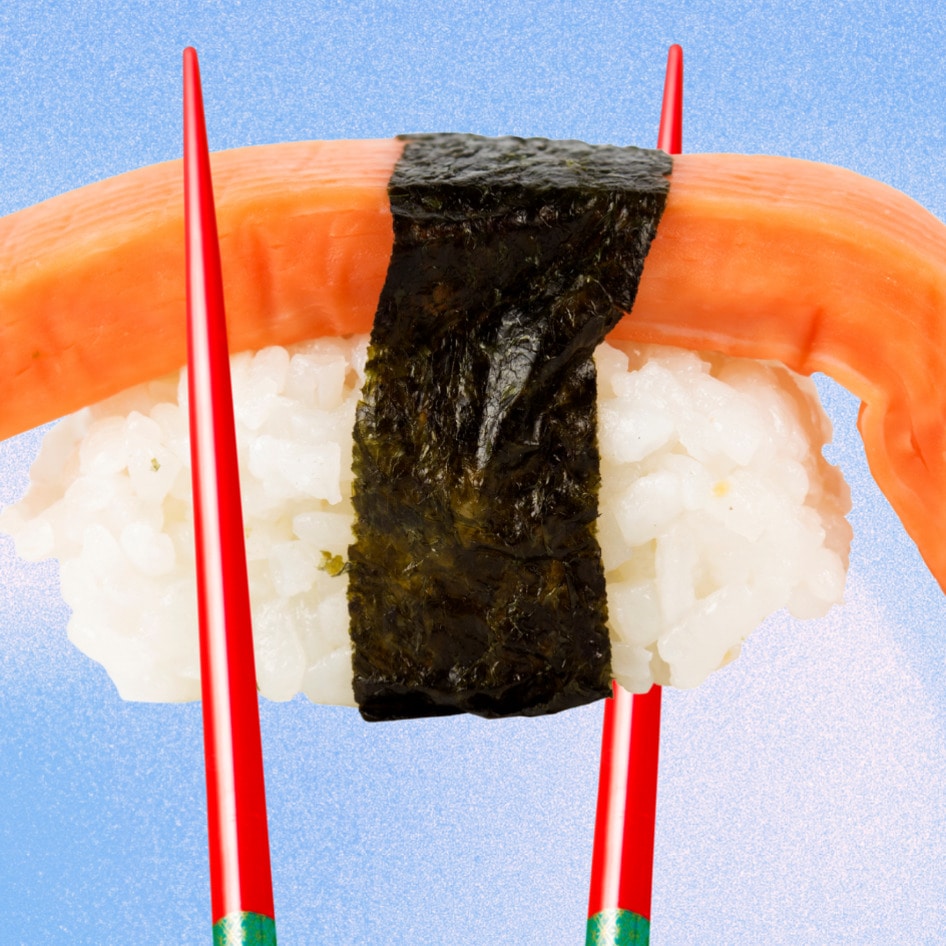Bank of England May Sub Tallow in Money with Palm Oil
In its search to rid English banknotes of animal products, The Bank of England chose palm oil as a viable alternative.
April 2, 2017
The Bank of England (BOE) is considering animal product-free alternatives to replace the tallow (or rendered animal fat) currently present in English banknotes. The issue first arose last year when BOE admitted that its £5 banknotes, put into circulation last September, were made with plastic polymer pellets that contain the animal product. Despite controversy from animal-rights groups and religious organizations that argued the notes would pose an unavoidable breach of their ethical beliefs, BOE decided to keep tallow in the money and revealed that a £10 tallow-laden note would be printed as well. BOE, however, did commit to looking for alternatives for the £20 denominations to be printed in 2020. The bank has since looked into replacing tallow with either coconut oil or palm oil. “Their conclusion is that the only practical alternative to animal-derived additives is additives derived from palm oil,” BOE said in a statement, “which offers a mature supply chain and is available at reasonable cost.” Palm oil has long been seen as problematic as its cultivation leads to the deforestation and habitat loss of biologically sensitive areas across Africa, Asia, and North and South America. “We would hope they are going to be transparent about it and realistic about the impact of using it,” a spokeswoman for environmental protection group Rainforest Foundation UK said.
JUMP TO ... Latest News | Recipes | Guides | Health | Subscribe







